Good morning, It’s Monday, May 26th. In today’s news, RCMP warns of a 488% increase in terrorism over the past year, The WHO Pandemic Treaty was adopted—what that means for Canada, How ignoring reality has led to societal ruin, The war in Ukraine is quietly creating a global agricultural disaster, and much more.
First time reading the daily blend? Sign up here.
Canada’s Terrorism Surge: The Quiet Crisis No One Is Talking About
While Canadians were distracted by political theatre and economic collapse, something far more dangerous was quietly erupting beneath the surface—a 488% spike in terrorism charges over the past year. According to a newly released RCMP briefing to the public safety minister, Canada is facing a national security crisis, with violent extremism on the rise and our law enforcement services stretched to the breaking point.
Between April 2023 and March 2024, 25 individuals were charged with 83 terrorism-related offences. Among them were three minors and six young adults. An additional eight youth were placed under terrorism peace bonds, highlighting a disturbing surge in youth radicalization. The briefing warns that online platforms are a key driver—fuelling extremist ideologies, grooming adolescents, and expanding the pipeline from digital hate to real-world violence.
Even more alarming, the RCMP says it has foiled six terrorist plots in the last year alone. These planned attacks spanned the country—from Edmonton to Ottawa to Toronto—and targeted everything from Calgary Pride events to pro-Israel demonstrations. One suspect was even arrested in Quebec for planning an attack in New York City.
Yet despite this spike in threats, resourcing has not kept pace. The RCMP bluntly stated that its mandate is unsustainable without significant reinforcements. The agency is juggling terrorism, foreign interference, hate crimes, opioids, and border security with insufficient support—and the seams are showing.
Some of the recent extremism is reportedly tied to a resurgence of interest in ISIS. Canadian women returning from Syria have been charged. A Toronto man pleaded guilty to financing terrorism through crowdfunding for Gaza. Meanwhile, far-right groups have also faced terrorism charges, signaling that the threat comes from multiple directions.
The Trudeau government appears to have neglected this growing storm. The RCMP’s December 2024 report wasn’t made public until May—conveniently after Mark Carney took power and reassigned the public safety file. Now Liberal MP Gary Anandasangaree inherits a crisis without precedent in modern Canadian history.
The takeaway is sobering: terrorism is on the rise, the state is unprepared, and our youth are increasingly vulnerable. If this trend continues and government fails to respond, the next foiled plot may not be stopped in time. A nation that cannot protect its citizens is a nation on borrowed time. And right now, Canada’s clock is ticking. Source.
The WHO Pandemic Treaty Was Adopted—What Does It Mean for Canada?
Canada has officially signed on to the World Health Organization’s (WHO) new, legally binding Pandemic Agreement—despite mounting concerns over national autonomy and public oversight. The treaty, which obligates countries to overhaul pandemic surveillance, healthcare systems, supply chains, and drug distribution strategies, is being framed as a step toward global health cooperation. But critics argue it grants the WHO influence without accountability.
While the agreement doesn’t explicitly authorize the WHO to impose mandates like lockdowns or vaccine passports, it opens the door to top-down global governance through “shared obligations” and vague clauses about “regulatory measures” and “misinformation.” Canada now agrees to hand over up to 20% of its vaccines and therapeutics during a future pandemic to the WHO for redistribution—while being told not to stockpile more than is “necessary” for its own population.
This move has sparked concern among Canadians who remember the WHO’s mishandling of COVID-19 and its deference to China in the early days of the outbreak. Critics like Conservative MP Leslyn Lewis warn that the agreement compromises Canada’s health sovereignty under the guise of cooperation—especially since Parliament never fully debated or voted on it.
Meanwhile, the US has not only abstained from supporting the treaty—citing the WHO’s unresolved failures—but has also begun the process of fully withdrawing from the organization. The contrast is striking: while Washington reclaims national control, Ottawa doubles down on global alignment.
Canadians should be asking, why is our government locking us into international health commitments before holding the WHO accountable? And why are we trusting an unelected body with even partial control over our pandemic response?
As the treaty moves toward ratification, Carney and the Liberals continue to ignore public skepticism and entrench Canada deeper into transnational governance structures—without transparent consultation or democratic debate.
If there's any lesson from COVID-19, it's that real accountability starts at home. And right now, Canada is giving it away.
The Peril of Positivity: Why Looking Away Invites Collapse
The world has gone insane—and most people are too busy scrolling, shopping, or sipping to notice. We’re surrounded by economic instability, cultural decay, political dysfunction, and rising authoritarianism, but the dominant instinct isn’t to confront it—it’s to bury our heads in the sand and smile harder. We’re told to “focus on the positive,” “stay in our lane,” and “trust the experts.” But this blind optimism is not just naïve—it’s dangerous.
In times of material comfort, people lose the habit of deep reflection. Who needs introspection when life is easy? Why study human nature, suffering, or moral decay when you can watch TV and binge on junk food? The problem is, this comfort breeds complacency—and that complacency slowly erodes our ability to perceive and confront reality.
Hard truths are dismissed as buzzkills. Those who sound the alarm are cast as killjoys, labeled “negative” or “paranoid.” But it’s precisely during these so-called “good times” that the seeds of future catastrophe are sown. As a society, we become emotionally indulgent and intellectually lazy. Psychological insight is traded for superficial pleasantries. Emotionalism overtakes reason. And slowly, almost imperceptibly, the very capacity to think critically and act morally begins to rot.
The paradox is simple but brutal: if we want the good times to continue, we must resist the temptation to ignore the bad. Turning away from uncomfortable truths doesn’t make them disappear—it invites them to metastasize. Once a society begins habitually discarding inconvenient facts, replacing truth with what’s easy or pleasant, it enters a delusional state that borders on pathology.
Eventually, subconscious impulses—not reason—begin to govern collective life. Societies intoxicated by their own comfort lose the capacity for moral criticism. They forget how to distinguish right from wrong, good from evil. And by the time catastrophe arrives, they’re too intellectually weakened to resist it.
If we want a future of prosperity and peace, we must act like people who deserve it. That means confronting the shadows, not ignoring them. It means valuing wisdom over convenience, truth over comfort, and foresight over fantasy. Because history is clear: civilizations that refuse to face reality don’t get “more good times”—they get collapse.
The War in Ukraine is Quietly Creating a Global Agricultural Disaster
Ukraine’s war with Russia is not only a human tragedy—it’s an environmental catastrophe threatening one of the world’s richest agricultural regions. The country holds between 62 and 74 million acres of chernozem, or “black soil,” accounting for about one-third of all high-quality arable land in Europe. This nutrient-dense topsoil, vital for global grain production, is being destroyed by landmines, bombs, and heavy metals from explosives.
According to the Mine Action Review, landmine contamination in Ukraine is now classified as “massive”, with experts estimating it could take over 750 years to clear the area using current methods. Both Russia and Ukraine have littered farmland with explosives—including US-supplied cluster munitions—posing extreme hazards to farmers and poisoning the soil with cadmium, lead, and mercury.
Experts warn that even if a cease-fire were signed tomorrow, much of the land may be unusable for decades or even permanently, due to erosion, microbiome disruption, and deep contamination. Ukraine’s identity as the “breadbasket of Europe” is now at serious risk—and the damage could ripple far beyond its borders. More
Over 50,000 Take Part in Toronto’s ‘Walk With Israel’
Over the weekend, around 56,000 people joined the United Jewish Appeal’s Walk With Israel in Toronto to show support for the Jewish community, days after two Israeli Embassy staffers were murdered in Washington. The 3.7 km march featured diverse participation, including Iranian dissidents and civil rights groups, and ended at the Sherman Campus with festivities. About 300 counter-protesters waving Palestinian flags also attended. Despite some tensions and criticisms of police handling, no serious incidents occurred. More
US Health Secretary Asks CFIA to Reconsider Culling Ostriches at BC Farm - RFK Jr. says the ostriches present an opportunity for long-term research on avian flu for both countries. More
Hamas Thanks the Liberals Again, Despite Being Designated a Terrorist Organization in Canada - More
As China’s Economy Weakens, Tens of Thousands of Workers Protest Against Unpaid Wages - More
Israeli Ambassador Suggests Canadian Diplomats in West Bank Were Used to Provoke the IDF - More
Russia and Ukraine Swap Hundreds of Prisoners Hours After a Massive Attack on Kyiv - More
A Crypto Investor is Charged with Kidnapping and Torturing a Man in an NYC Apartment for Weeks for His Bitcoin Password - More
French Minister Wants to Ban Cash to Battle Crime, Raising Fears of a Surveillance State
France’s Justice Minister Gérald Darmanin has suggested banning cash to combat drug trafficking—arguing that liquid currency enables organized crime, prostitution, and human trafficking. While the move is framed as a crime-fighting tool, the proposal signals a deeper shift: using crime as a pretext to push for a cashless society. Critics warn that eliminating cash would not only affect daily life—especially for the elderly and lower-income citizens—but would also hand the government unprecedented control over people’s financial transactions, effectively making every purchase trackable and subject to oversight. The war on drugs, in this view, becomes a gateway to a more surveilled and centrally controlled society. More
Trump Threatens 50% Tariffs on EU and 25% Penalties on Smart Phones as His Trade War Intensifies - More
Musk Says He Is Going Back to Working on His Companies After Massive X Outage - More than 25,000 reports of issues with the social media platform were tracked at the height of X’s outage over the weekend. More
Boeing's $444M Escape Plan? The DOJ is Considering a Non-Prosecution Agreement That Would Spare Boeing Over Deadly Crashes - The money would be distributed to the families of the 346 people killed in two separate 737 Max crashes. More
The DEEP Project’s Daring Plan: Making Permanent Underwater Living Possible
The DEEP project, backed by an anonymous investor in the UK, aims to build the world’s first permanent underwater settlements called “sentinels” for scientists to live and work beneath the ocean for months. Using a flooded quarry in England as a training site, the initiative seeks to expand ocean exploration, improve understanding of marine ecosystems, and study human adaptation to long-term underwater living. DEEP views the ocean as Earth's next frontier and a vital training ground for future space exploration. More
New Chinese Spy Laser Can Read Sesame Seed-Sized Text from a Mile Away - This feels concerning. More
Leafs Can Shanahan After 11 Stanley Cup-less Years
After 11 years, Brendan Shanahan is out as president of the Toronto Maple Leafs following a disappointing Game 7 playoff loss to the Florida Panthers. Hired in 2014, Shanahan helped shape the Leafs' modern era around stars like Auston Matthews and Mitch Marner but failed to deliver a Stanley Cup. MLSE said a "new voice" is needed to move forward. Shanahan, who was key in firing former GM Kyle Dubas and coach Sheldon Keefe, has already been granted permission to explore a new role with the New York Islanders. More
Alex Palou Rallies Late to Win the Indianapolis 500 for His 5th Win in the Season's First 6 Races - More
Billy Joel Cancels Touring After Being Diagnosed With a Brain Disorder - More
A Norwegian Man Slept Through the Night as a 443-foot Cargo Ship Ran Aground in His Yard Stopping Just Feet From His Bedroom Window
Lincoln’s Last Possessions Go to Auction: Blood-Soaked Gloves Worn by Lincoln the Night He Was Shot Sell for Millions
On This Day in 1897, "Dracula" by Irish author Bram Stoker was published by Archibald Constable and Company in London






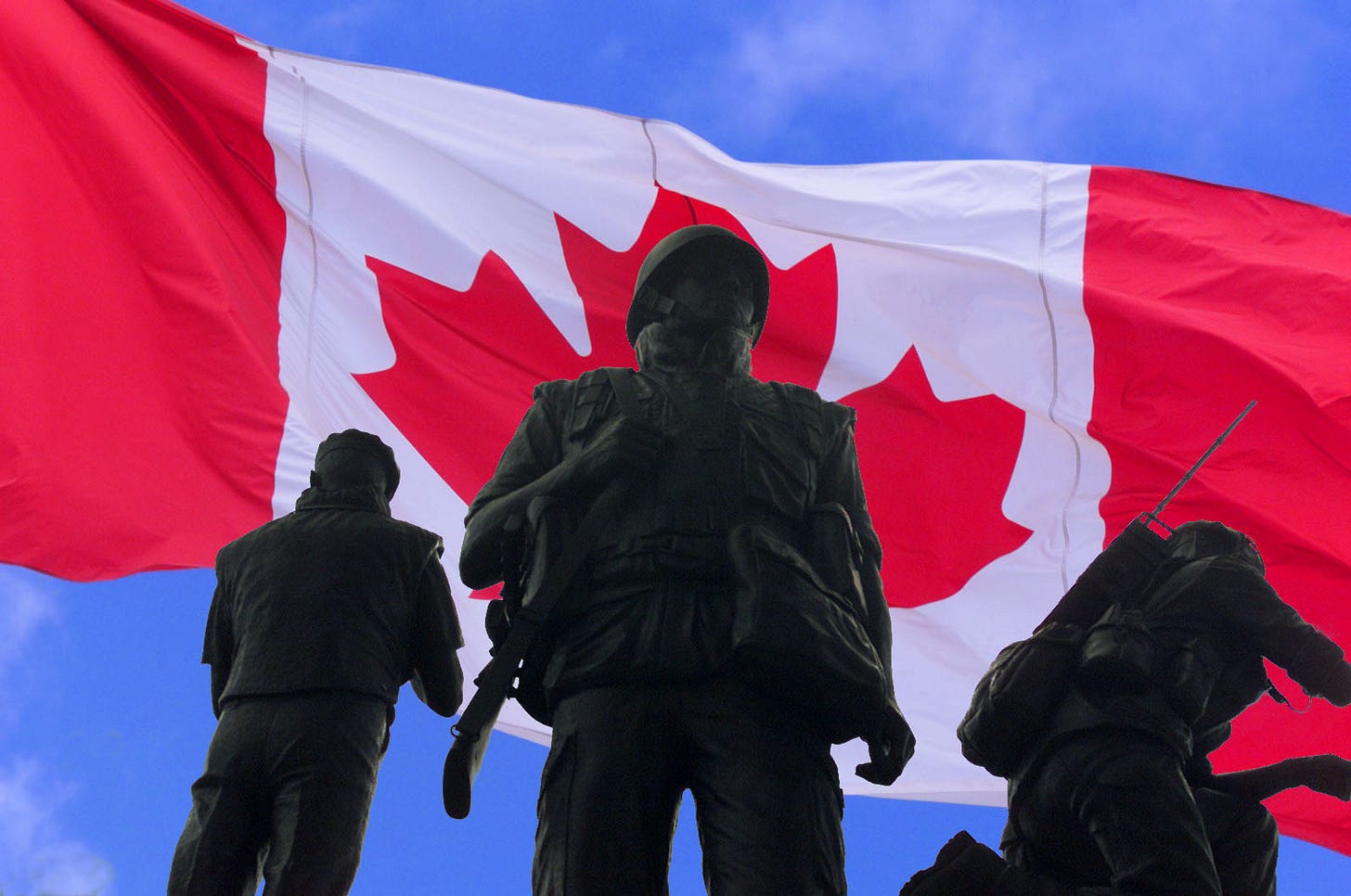
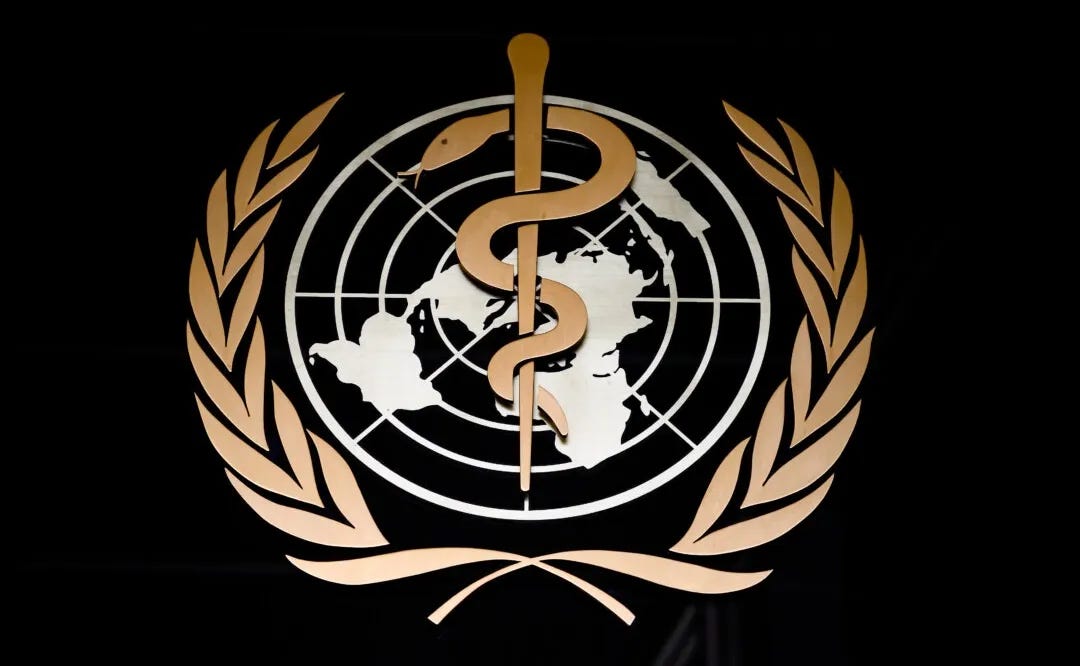
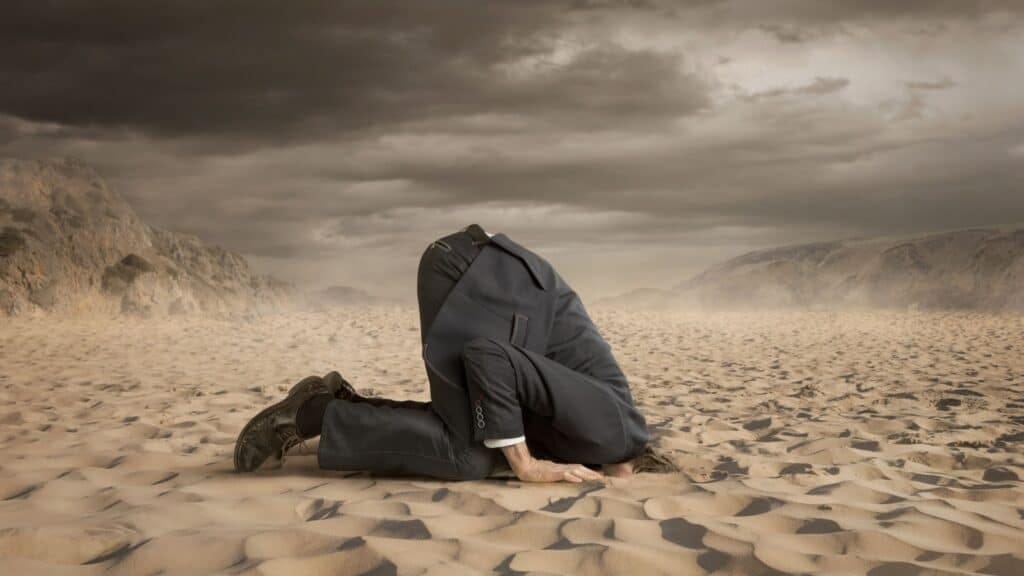

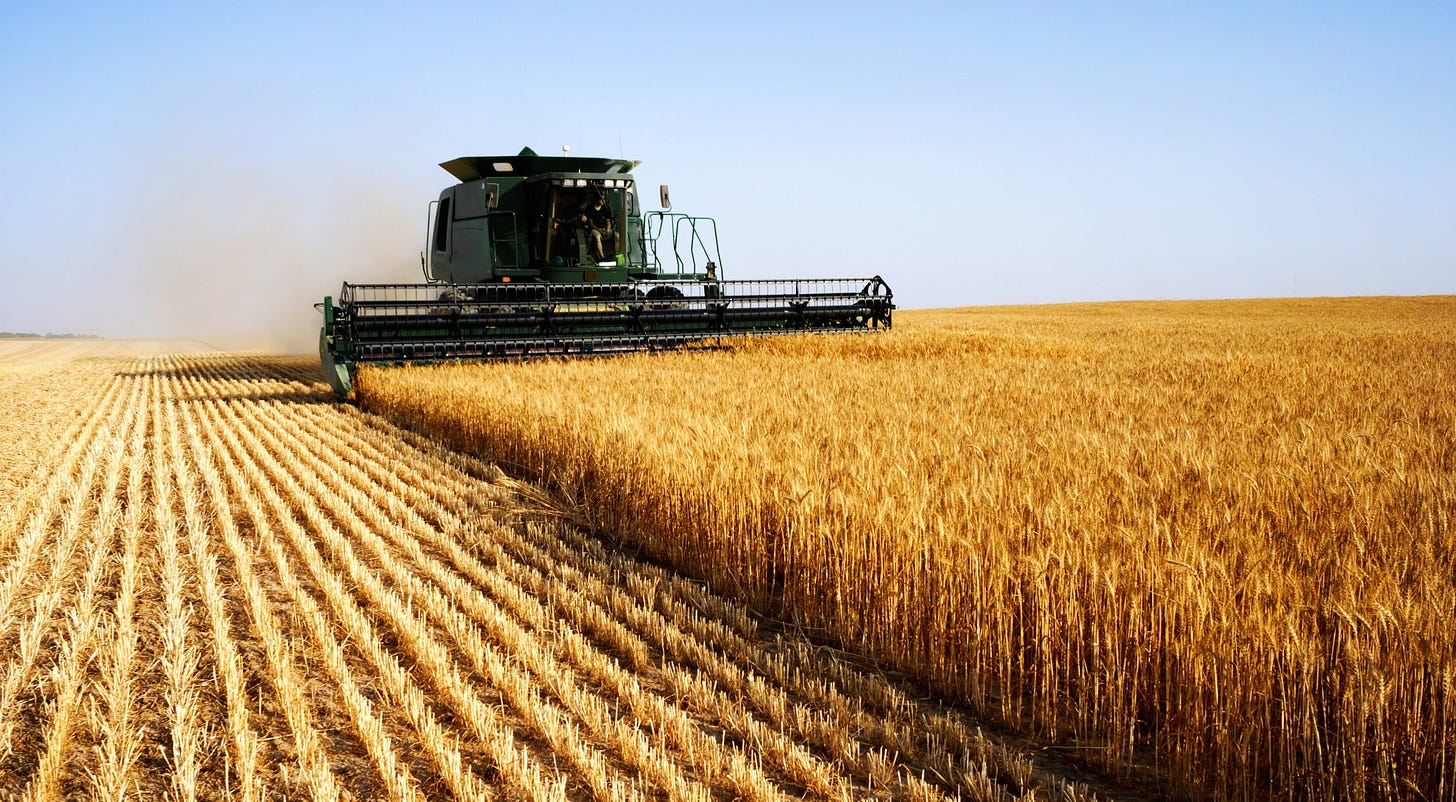






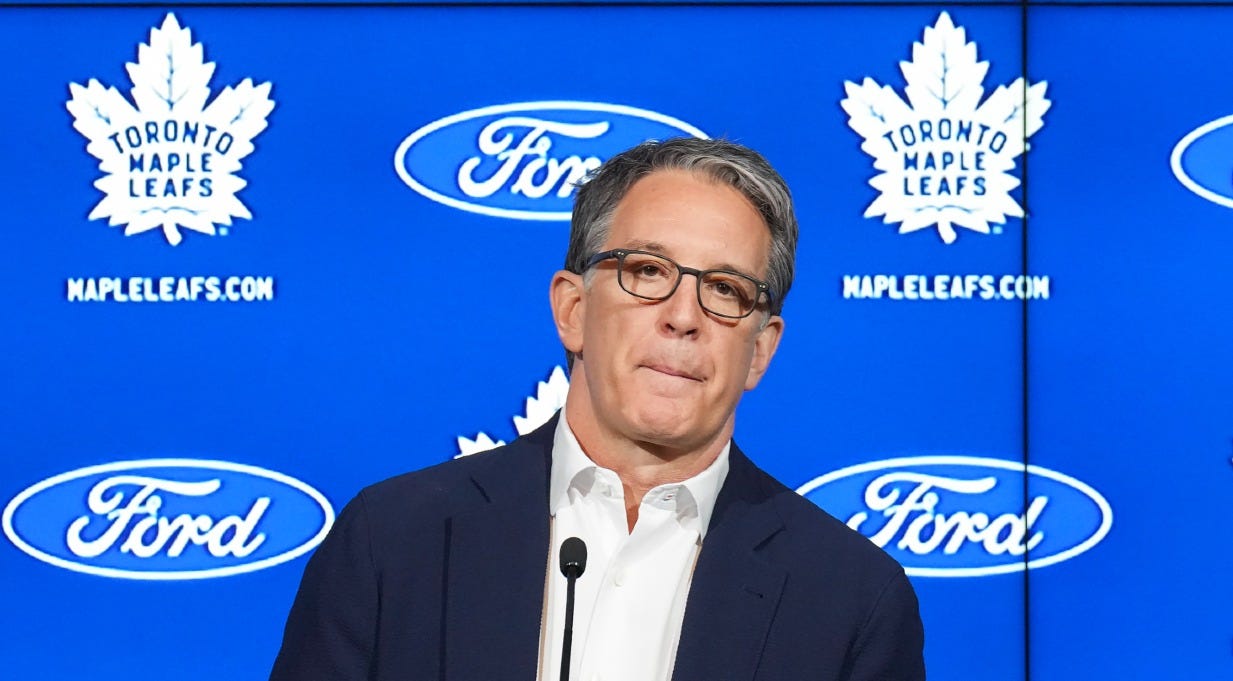

Every Canadian must understand that YOU don't not live in a Democracy, and never did.The only thing democratic about Canada is that you are allowed to vote, but YOU have no say...When are any of you going to wake up...?
I think the " rcmp " is full of bs and only looks into what they are told to investigate. They like the judiciary, ( aka BARtenders ) are a corrupt entity within our country...